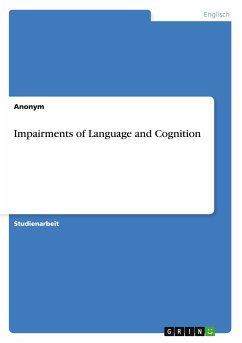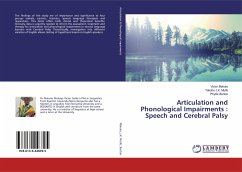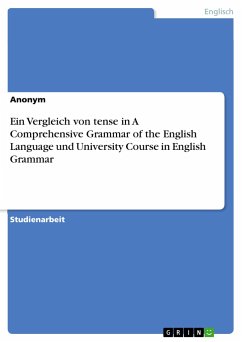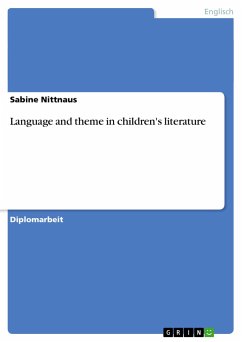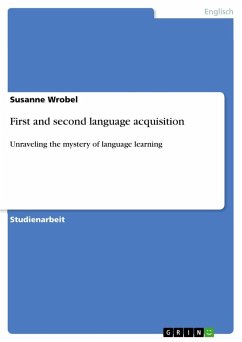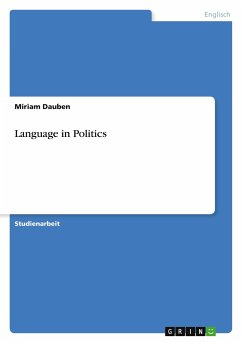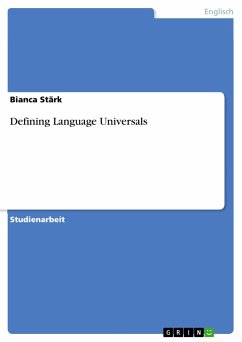Studienarbeit aus dem Jahr 2013 im Fachbereich Anglistik - Linguistik, Note: 1,7, Bayerische Julius-Maximilians-Universität Würzburg, Sprache: Deutsch, Abstract: Studies of children and teenagers with cognitive impairments try to prove that there is a relationship between cognitive skills and linguistic skills. However, there are some exceptions in which the participants' linguistic skills are better than their cognitive skills, or their cognitive skills are relatively strong but their linguistic skills are weak.What do we make of that? Do recent studies pass in showing a codependency between impairments of language and impairments of cognition? "Between the 1960s and 1990s, anyone who even asked how language influences cognition was considered misguided." (Sera and Martin 2006: 491) What had changed that conception were several studies since the 1990s that showed the close relation between cognition and language. First we take a look at some fundamental theories on the field cognition and language in general to show the different approaches to that issue. Secondly we discuss several studies of children with different impairments and analyze their flaws.

